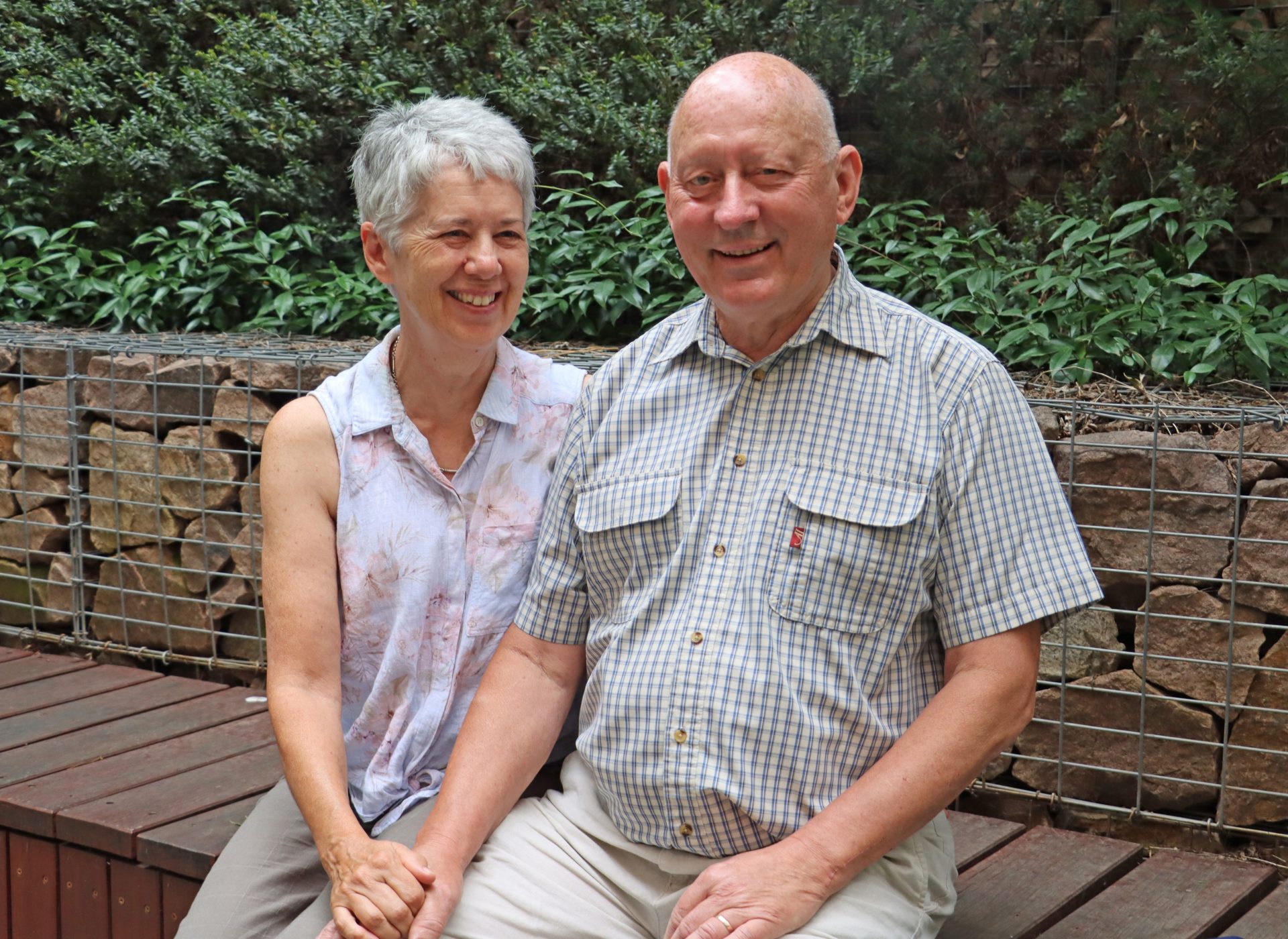
Patients access trials for rare, advanced cancers
Ten patients were placed on clinical trials at the Albury Wodonga Regional Cancer Centre following a screening process funded by community donations.
The Albury Wodonga Regional Cancer Centre Trust Fund provided almost $50,000 to the Border Medical Oncology Research Unit to take part in the Molecular Screening and Therapeutics (MoST) program over two years to last July.
The program overseen by Australia’s Genomic Cancer Medicine Centre, Omico, involved molecular testing of patients’ previously removed tumours with the aim of providing more targeted treatment for rare, advanced cancers.
A total of 98 local patients participated in the program with the most common cancers including colorectal, oesophageal, non-small cell lung cancer and pancreatic cancer.
Of those, 89 had tumours with a mutation found by the molecular testing that could be important to determine eligibility for current or future clinical trials.
Ten have begun on clinical trials provided by the Border Medical Oncology Research Unit.
Research Team Manager, Jacqui McBurnie, said this gave patients who traditionally wouldn’t have many treatment options, access to new and better forms of treatment for their rare, advanced cancer.
“We became the first regional site to be involved in the MoST program and it’s great that the funding from the Trust was able to help bridge that gap between the metropolitan and regional centres,” she said.
“We were able to identify 10 patients who could go on local clinical trials, saving them many kilometres over multiple trips had they had to travel to a metropolitan centre for the same treatment.”
Retired nurse, Stephen Scott, was a participant of the MoST program after being diagnosed with pancreatic cancer in 2022.
Mr Scott, 72, of Yackandandah, was grateful to be included in the testing even though he was found not suitable for targeted treatment.
“It would be a shame if access was only limited to capital cities,” he said.
“For the MoST program in particular, if you didn’t get access to that and had a variant that could be better treated, then you would never know.
“So it does have the potential to increase the possibilities of treatment for a lot of people.”
Mr Scott has instead been placed on another trial conducted by the Border Medical Oncology Research Unit in partnership with the Australasian Gastro-Intestinal Cancer Group (AGITG).
The ACEND trial involves the new anti-cancer agent called CEND-1, being given to patients with advanced pancreas cancer in combination with standard chemotherapy.
Mr Scott said thanks to the trial, his tumour shrank from 20mm to an estimated 7mm in a matter of months.
He remained on the trial until last December when he had a severe allergic reaction, and his medical team was looking into other options.
Throughout his treatment, Mr Scott said the care he has received has been “excellent”.
“In a funny kind of way, over the last 18 months or so of having treatment here I sort of really got used to coming in here,” he said.
“They really look after you extremely well and it’s a nice atmosphere.
“It becomes your home away from home, even though it’s only one day a week that you’re here.”
The MoST program continues to be offered at the cancer centre following a national source of funding which means patients can participate at no cost.


